The Value of Conventions: An Analysis of Thucydides’ History of the Peloponnesian War
By evaluating the theoretical implications of Thucydides’ History of the Peloponnesian War, this essay will accomplish three objectives. First, it will describe human nature and human convention in the polis and their binary relationships with power and justice, respectively. Second, it will show that without conventions such as justice; human nature and unchecked power drive civilization into anarchy. Finally, the essay will demonstrate that without concertedly applying the convention of justice in the international sphere, civilization will continue to lapse into chaos throughout human history.
Thucydides states that his History is meant to last for all time given that “(human nature being what it is) [history] will, at some time or other in much the same way, be repeated in the future” (Thucydides, 1:22). He therefore believes that human nature is forever cruel and unjust. Explained similarly to the Hobbesian approach, without restraints, human nature will pursue whatever means necessary for self-interest and greed. Coinciding with human nature, power is based on self-interest and the need to control reality at any cost. Power, along with human nature, cannot be properly managed without the presence of a State and they both tend to undermine convention wherever possible. In the conflict with convention, human nature and power are together capable of great achievements when restrained. However, together they are also capable of depraved criminal action when the constructs of society decline into anarchy.
In order to escape such destructive human nature, civilization is engineered with restraints to secure an ordered and thriving polis. This is the case in Athens and other Hellenic states detailed in Thucydides’ work. Within the domestic sphere (polis) of Athens, convention is defined as the collectively shared and agreed upon understandings of how individuals must interact. Examples of conventions are ubiquitous and subsequently shape human nature since even language by definition is a convention. For Pericles, for example, the traditional funeral is sacrosanct to the maintenance of respect and honour in civilized Athens (Thucydides, 2:35). Even while conventions are artificially constructed out of the need for collective-preservation, its principles are of paramount importance for functionality against the constant tension caused by primary human nature and the lust for power.
The most prominent convention for state safeguarding is justice. It operates in the Athenian polis to ensure stability as Pericles explains, “when it is a question of settling private disputes, everyone is equal before the law” (Thucydides, 2:37) adding that when negotiating the distribution of individual power “what counts is…the actual ability which the [person] possesses” (Thucydides, 2:37). As a convention, law is arrived at by mutual consent of the polis allowing power distribution to be peacefully negotiated within the domestic sphere. The moderation of the natural human desire for power requires the institutionalization of this artificial rule of law that protects individuals from each other. However, human nature can regress into anarchy if the polis undergoes institutional failure. This is demonstrated in the cases of the Athenian Plague and the Civil War in Corcyra.
The devastation of the Athenian Plague was not anticipated as part of the war effort. Under the plague, society entered a state of depolarization creating a vacuum for unregulated power-starved human nature to emerge. The consequence of the plague was that citizens “not knowing what would next happen to them, became indifferent to every rule of religion or law” (Thucydides, 2:52). Thucydides observes that even the convention of the funeral procedure crumbles when it is found to be more expedient to pile up bodies anonymously (Thucydides, 2:52). In the chaos of the plague, human nature is exposed as self-interested and desirous of public self-indulgence since the restraints that have made civilization possible disintegrate.
In the case of Corcyra, the violent civil war is caused by the hyper-polarization of political actors allowing natural aggression to rein supreme. In the midst of polarization between the ideologies of Athens and Sparta even the convention of language is under siege. Thucydides notes that “to fit in with the change of events, words, too, had to change their usual meaning” (Thucydides, 3:82) adding for example “any idea of moderation was just an attempt to disguise one’s unmanly character” (Thucydides, 3:82). This stasis has changed collectively accepted discourse making lawlessness synonymous with just action.

Instead of defending and sternly maintaining the conventions that had built up society, the Corcyrians allow their state to fragment because they failed to value the supremacy of justice over the natural human drive for political control.
In both domestic tragedies, Thucydides seems to assert that there is no moral universe that determines the fate of individuals’ lives. He furthers this argument when Nicias dies during the Sicilian Expedition, despite his posturing as a voice for moderation and prudence (Thucydides, 7:86). However, while there is no moral universe beyond human existence, it is argued that a moral universe should be constructed to stifle the human tendency towards self-interest and ‘inevitably’ self-destruction. What the plague and the civil war demonstrate is that unrestrained human nature destroys civilization if citizens collectively reject the necessity of restraint under the rule of law in the domestic sphere.
In the international sphere, Thucydides’ History deals with the war between Sparta and Athens. It is evident that the plague and the civil war serve as a foil to the Peloponnesian War itself since, similarly, anarchy thrives where there is no adherence to convention. Such is the reality in international relations. The realist theory that the balance of power is supreme is especially consistent with the Athenian perspective by the later stages of the conflict. While Thucydides details the downfall of the hegemon, a solution to repeated human error in history is to use the constructivist argument as this essay has come to suggest. Justice must be transplanted from the domestic sphere to the international and be made sacred above all else. This will ensure prosperity for all competing powers in an international system.
Different poleis have divergent traditions and conventions (such as language and religion), however, all political groups in Thucydides’ History universally accept the primacy of justice as a convention. All competing powers must have an understanding of the moral world where there are justified ends and means to every action. Unfortunately for the Athenians, they ignore morality and justify their empire by arguing it is in their nature to conquer the weak. Corinthians state that Athenians “are by nature incapable of either living a quiet life themselves or of allowing anyone else to do so” (Thucydides 1:70). Throughout the History, the Athenians progressively come to believe that justice has no instrumental value in foreign affairs as they turn instead to a rationalized understanding of sheer power in dealing specifically with the autonomous island of Melos.
In the Melian Dialogue, the Athenians have completely ignored the convention of justice when addressing the expansion of their empire. For the purpose of self-interest, honour and security, the Athenians ascribe to the logic of ‘might is right’. In response to the Melian plea for fair play, the Athenian representative famously states that “the standard of justice depend on the equality of power to compel and that in fact the strong do what they have the power to do and the weak accept what they have to accept” (Thucydides, 5:89). While Pericles had once stated that justice must be made among equals, the Athenians have subsequently distorted justice so that, in the measure of power, the Melians should not be treated as equals. The Athenians thus rationally imply that the convention of justice is an ineffectual construct and consequently disregard any argument against their illegal action. It seems hypocritical that the Athenians argue for the ‘safe rule’ that one should “behave with deference towards one’s superiors, and to treat one’s inferiors with moderation” (Thucydides, 5:111) given their subsequent action. Their legitimacy, then, is undermined by power and human nature and their failure as moral agents, who do have a choice, thanks to their preponderance, but squandered it with realist logic. By not applying the same principle of fair play that readily functions in the domestic sphere, the Athenians engineer their own destruction.
In this History, it is evident that the common survival of all polis requires the supremacy of international law. Anyone breaking the sacred justice that is universal among all polis will be destroyed eventually by the perpetuation of the same transgression they have committed. Of course, the decision makers frequently pass away before the consequences of their actions come to fruition. At any rate, exploring the relationship between nature and convention and then relating it to power and justice, this essay finds it patently evident that the international community can only be made stable if there is an adherence to the conventions that have been applied properly on the domestic level. This argument is less pessimistic, believing that there is room for agency. Taking for example the modern United States, they seem on a similar path to that of Athens but they can reject the precedent of illegal war or risk the fate that Thucydides deems inevitable. Such is the nature of empires.

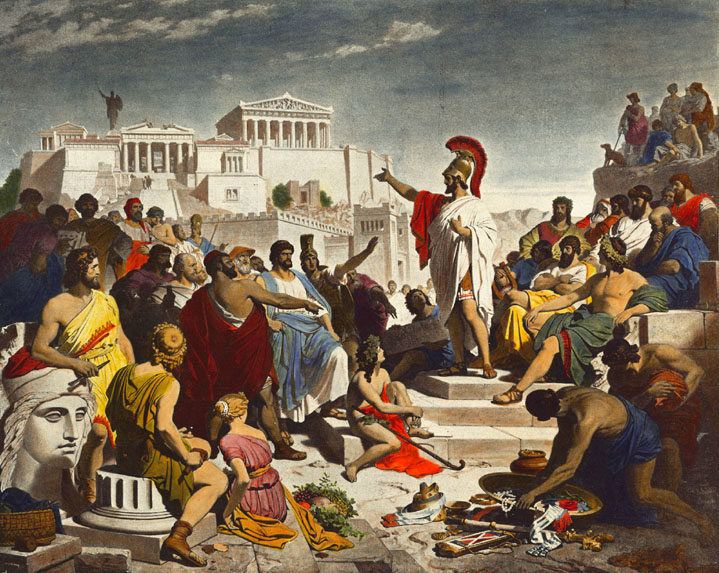
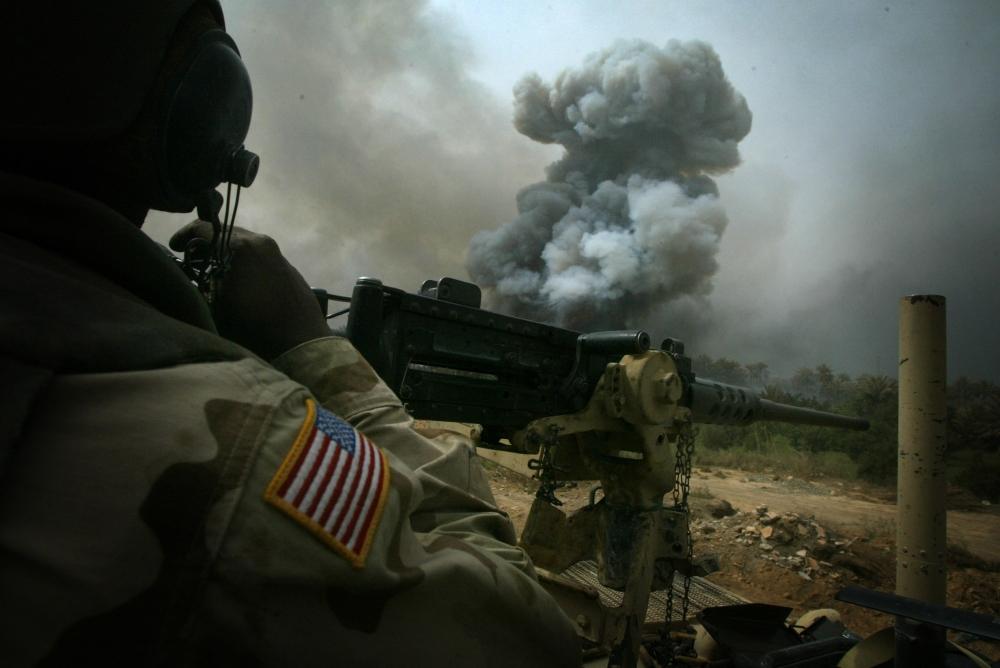
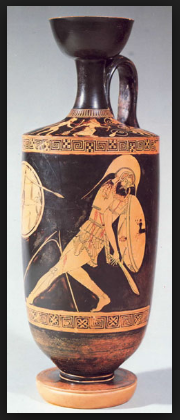
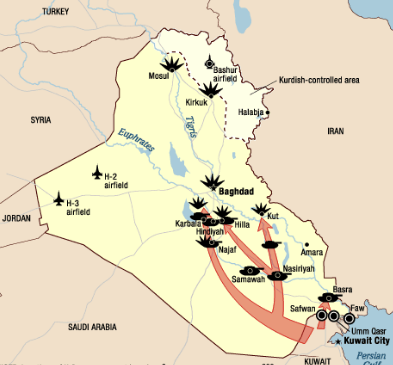
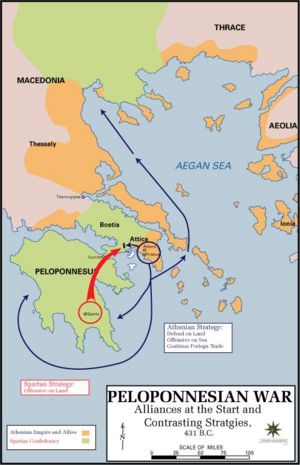
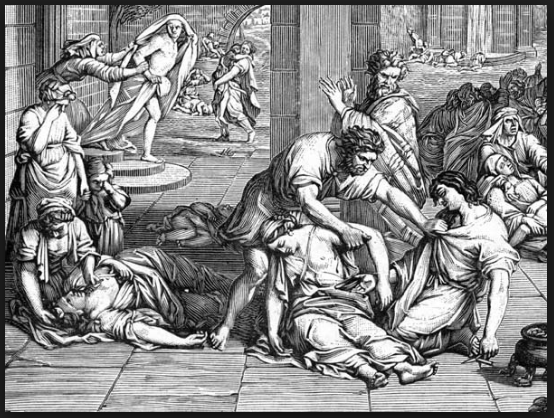

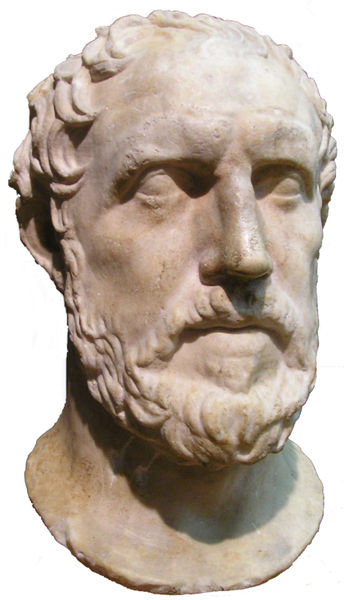
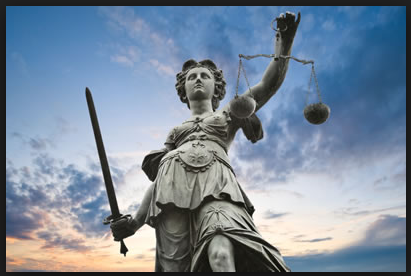
So do you think that the athenian political system, putting the power over the city in the hands of the people, is responsible for the athenian failures in the peloponnesian war (described by thucydides)?
I think drawing a connection between Athens and the US in the mid-2000s is not fair. Surely, the historical evidence is squeezed together to seem more convincing than it actually is in reality. As you probably realize, if you’ve ever had a boss or authority figure in your life, power resides in the mighty. Athens had a long period of consistent success.
Have a look at my relevant post on this topic here. http://thewesternexperience.com/2012/10/29/whats-the-history-behind-patriotic-funeral-orations/
Write more, thats all I have to say. Literally, it seems as though you relied on the video to make your point. You definitely know what youre talking about, why throw away your intelligence on just posting videos to your site when you could be giving us something informative to read?